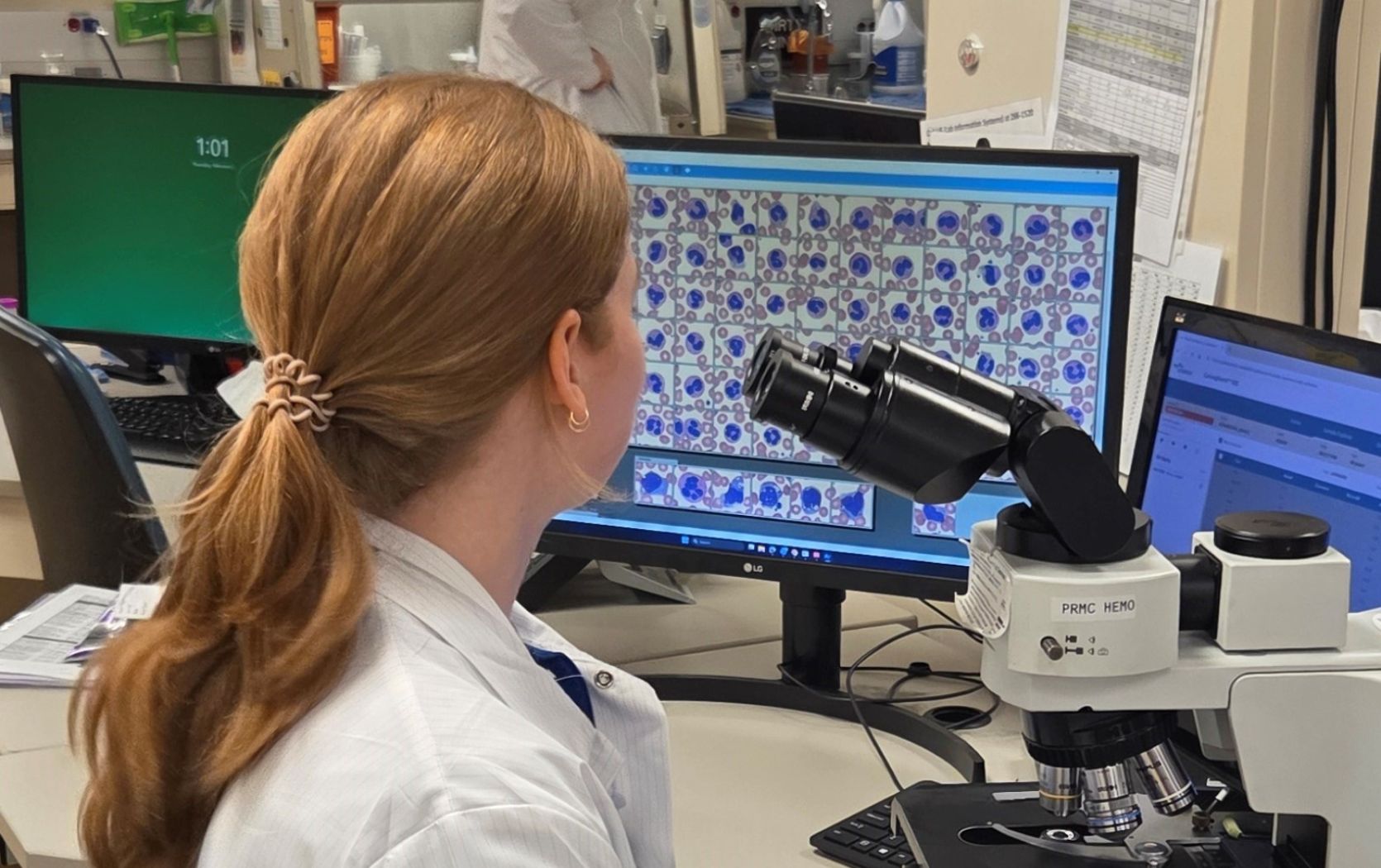
This post was written by Brittney Crabill, RN, BSN, outpatient medication services clinical manager, and Kristen Varian, PsyD, HSPP, clinical psychologist, Parkview Behavioral Health Institute.
While March 1 marks Self-Injury Awareness Day, the entire month is used to bring awareness to general self-harm and non-suicidal self-injury. Sadly, self-injury and self-harm are becoming more common, which makes it more critical for parents, caregivers and friends to know some basic facts about what to watch for in regard to our loved ones, and how to respond if you or someone you know is struggling with self-harm.
The root issue
Self-harm often occurs concurrently with other mental health struggles such as, but not limited to, depression, anxiety, eating disorders and personality disorders. Therefore, it’s important to address both the self-harm and the underlying issues. While almost 90% of self-injury cases reported occur in children and adolescents, anyone at any age can struggle with self-harm.
Defining self-harm
Self-harm, also referred to as self-injury, is a form of non-suicidal self-injury (NSSI). While the intent is not to end one’s life, depending on the method and severity of the act, it can still result in death.
Though many people think of self-harm as cutting, there are many ways people harm themselves. These can include behaviors such as, but not limited to:
- Scratching or poking with sharp objects
- Burning
- Hair pulling
- Skin picking
- Hitting, punching or head banging
Common misconceptions
Some believe self-harm is attention-seeking behavior or done in a “manipulative” way, but in the mental health field we understand self-harm in different ways. These acts are not a phase and can serve many functions for different people. Many times, self-injury is a type of emotional release or a way to feel something when the person is experiencing frequent emotional numbness.
Signs to watch for
Self-harm is often done in secret and there are attempts to hide the behaviors from others. Self-injury can be done anywhere on the body. It’s helpful to watch for visible cuts, scrapes and scratches, along with scars and bruises in various stages of healing. Other signs might be always wearing long sleeves and pants even in hot weather, finding hidden sharp objects, or finding blood-soiled tissues or towels.
Those suffering may make excuses for how they were injured or begin withdrawing from activities they once loved, among other emotional symptoms. People who struggle with self-harm may also struggle with impulsiveness, emotional dysregulation and isolation. Factors that can influence self-harm include social stress, family stress, trauma and various mental health challenges.
Treatment
It’s important to be supportive and non-judgmental when addressing self-harm. Try to approach the conversation from a curious, rather than accusatory, perspective.
A form of treatment called Dialectical Behavior Therapy can be particularly helpful in treating self-harm by addressing the underlying factors that influence the behaviors, such as increasing distress tolerance. Within the Parkview Behavioral Health Institute, Park Center has a Dialectical Behavior Therapy program which includes group skills and individual therapy to decrease self-harm and address other co-occurring mental health challenges.
If you or a loved one is suffering, help is available through the Parkview Behavioral Health Institute. If self-harm has resulted in imminent risk of death to you or someone you know, please call 911 or go immediately to your nearest emergency department. If self-harm has not resulted in an emergency, please call the Parkview Behavioral Health Helpline at 260-471-9440. The helpline is available 24/7 for your mental health needs and can assist in getting you access to resources such as individual therapy, family therapy, group therapy, intensive outpatient therapy and medication management, among other mental health services. We encourage you to seek out help if you or someone you know is struggling with self-harm.
Additional Resources




